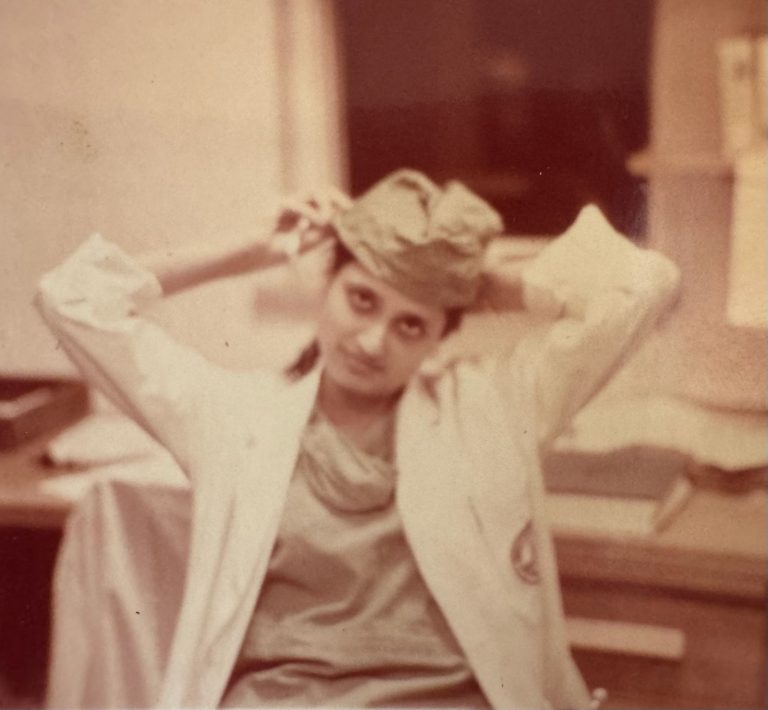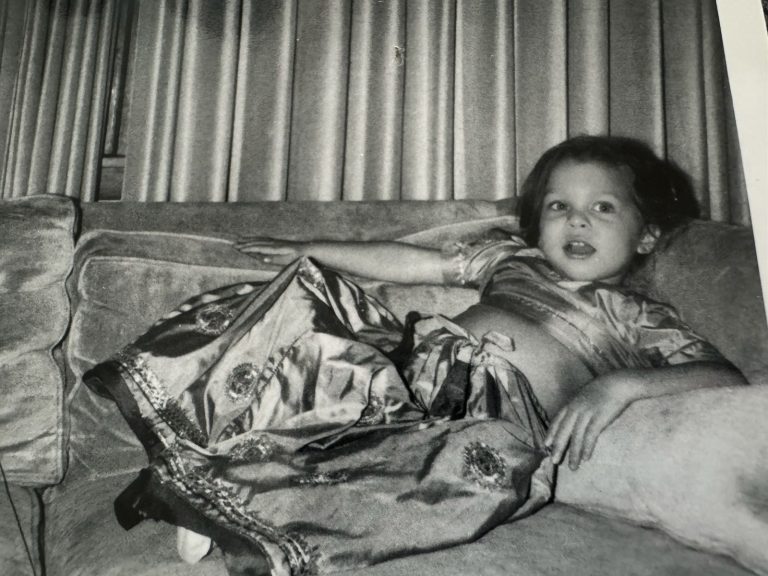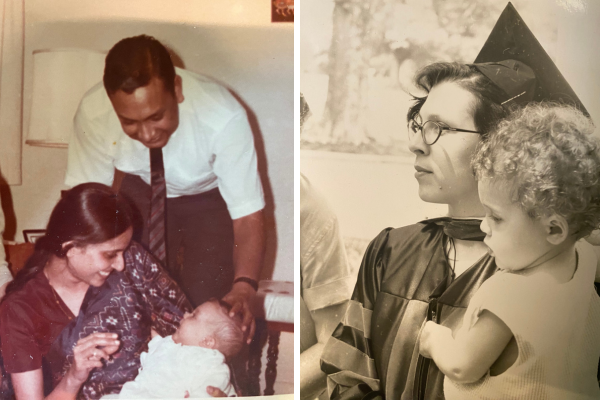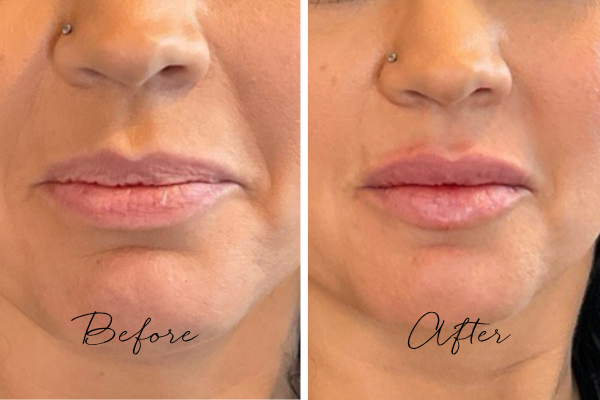
You are not going to get a recipe from your Indian Auntie.
You will ask for amounts and ingredients and she will evade and be vague. You will stand with pen and paper in hand and in the end, your notes will be approximations, like a thumbnail sketch of an urban landscape. You will learn by close observation, tasting and then trying on your own; improvising with what you have on hand, knowing that your version today will by necessity be different from hers, different than yesterday, and hopefully quite delicious.
My father was born in Bombay, India. My mother was of Scottish decent, born in San Antonio Texas. They met at Northwestern University in Evanston, Illinois and married. Several years later, when I was just over a year old, my mother was diagnosed with stage 4 Hodgkin’s disease. My mother’s family did not approve of “mixed race” marriages or of modern medicine, so they were absent from this chapter. On the other hand, my father’s youngest brother and his wife became the heroes of our lives.
Uncle Arnold and Auntie Meenal were newlywed, young residents at the University of Iowa, on call every other night. Exhausted and without financial means, they opened their tidy, one-bedroom duplex to us. They orchestrated my mother’s medical care, navigating her to the best surgeons and oncologists. While she was hospitalized, they gave me and my father their bedroom and they slept on the floor or couch. Not only did they house and feed us, Auntie Meenal bathed me, dressed me and made giant messes with me in the kitchen.

Ingredients for Life
Over the course of my development, Auntie Meenal has demonstrated her recipe and key ingredients for life. When I was small enough that I could just see onto the check out counter at the grocery store, she stood in her exquisite, silk sari, hair parted in the center with a thick black braid down to her waist, a bindi in place, fully winterized with snow boots and a puffy jacket. She turned to me as she filled in her check and said, “When I write this, I know there is enough money here for these groceries. And see how it says, Dr. Menezes, I am respected in this community because I help people.”
By now, my parents had divorced, and my mother struggled with her finances. My mother had been kicked out of a math class at Northwestern for being a woman and receded to a degree in Interior Design. My aunt on the other hand graduated from a medical school class in India that was fifty percent women. She could stand on her own, confident in her unique identity.
When Auntie Meenal arrived in the United States, she was a minority among minorities. Not only was she an immigrant, landing in the peak of the race riots of the 60’s, she was a woman in medicine, and in a specialty dominated by men: anesthesiology. Yet in my child’s mind, half of the people in medicine were women, because she was half of the doctors that I knew.

When I went to medical school my class was the first class at the University of North Carolina at Chapel Hill that was fifty percent women. When I looked at my professors, there were very few women, and fewer still were mothers. My observations and experience of how Auntie Meenal ran her home and raised her children became the template for my version of mothering as a physician.
How to squeeze the most out of a day? She got every sweet drop. Highly organized, she and Uncle Arnold meal prepped before there was a word for it. She did self-care before there was a word for that too. She enjoyed traveling, tennis, growing tropical flowers and a variety of roses, knitting complex cable sweaters, training in Indian dance and kicking it hard with martial arts. She got all the juice out of the day and the tiny moments.

Affection in a cup
One of my favorite rituals with my aunt was breakfast with masala chai. I did not care so much about the breakfast food. In a tea pot wearing a pastel quilted cozy, warm, spicy, creamy, lightly sweet tea waited for the family. I wish I could tell you her secret to making this delight. Her daughter has the gift and when I drink Matithilee’s masala chai, I feel Auntie Meenal’s deep affection pour out in a cup.
As a hybrid child of two worlds, I have improvised my own recipe formula and have made modifications for convenience. I encourage you to find your own balance in the amounts and the ingredients. The basics for me include 5 spice elements, a bracing, British black tea, a sweetener and a “milk”. From there, you can add turmeric, nutmeg, fennel, star anise, chocolate, fresh mint, drink it iced or add coffee and make it dirty.

Auntie Meenal’s Favorite Niece’s Chai Masala Concentrate, approximate recipe
- 10 pods of green cardamon
- 10 black peppercorns
- 2” cinnamon stick
- 5 whole cloves
- ginger ( a lot or a little you decide)
- 10 black tea bags
- 5 cups water
- Optional: dried rose petals
- Dry toast the spices until fragrant perfume intoxicates you and the pepper starts to dance.
- Grind into a powder-coffee grinder, Vitamix or mortar and pestle. Get after it!
- A pile of ginger cut up, sliced up, diced up or grated (traditionally dried, powdered ginger would be used, but it doesn’t keep in the humidity of Hawaii, so I go fresh only. You do you. I’m looking at several tablespoons minimum.
- Add the toasted spices, ginger and optional rose petals to the 5 cups water and bring it to a boil for a couple of minutes.
- Add 10 teabags of hard-core tea like P G Tips or an Assam. Do not mess with weak business.
- Boil it for a minute or so and take it off the heat. After about 3 minutes, strain it into a mason jar. You will get about 4 cups of chai concentrate. Add the sweetener of your choice to the sweetness of your choice. I’m already pretty sweet so I don’t add too much. My favorites are brown sugar, jaggery (a hard block of minimally processed sugar with the molasses) or agave.
To use, warm the concentrate and your preferred milk in a ratio of about 50:50. Best served with a sweet moment to savor with Love.
The Small Moments and the Crises of Life
There is a privilege and freedom to go off script and express yourself when another has done the arduous work of trailblazing. That hard work of hers was done by inspiration and love. And there is no conclusion to a love story. Love goes beyond the bounds of time and space. My Auntie Meenal will be with me in the small moments and the big decisions, when I wear a sari, and when I make tea for my loved ones.
Dr. Meenal Menezes May 20, 1945-May 26, 2024



